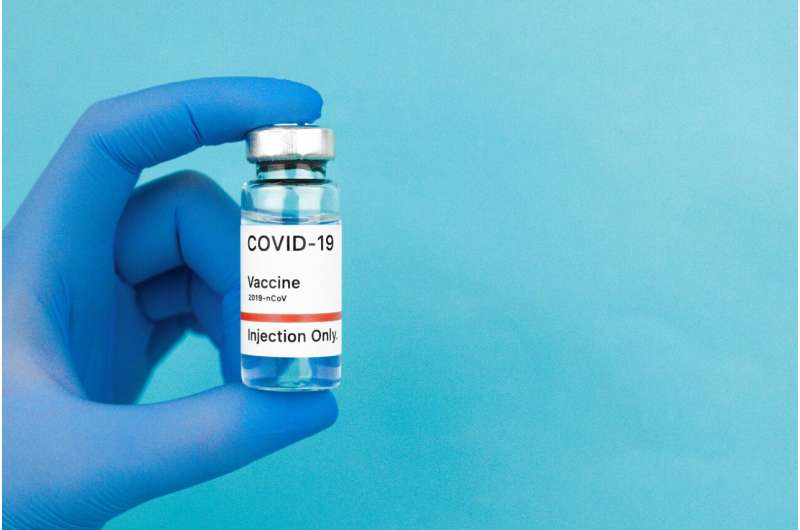Prolonged Sedentary Behavior After Heart Attack Increases Risk of Recurrence

Extended periods of sitting after a heart attack significantly increase the risk of another cardiac event. Replacing sedentary time with light activity or sleep can improve recovery outcomes and reduce future risks.
Recent studies have highlighted a significant link between extended periods of sitting and the risk of subsequent cardiovascular events in individuals recovering from a heart attack. According to research published in Circulation: Cardiovascular Quality and Outcomes, patients who remain sedentary for more than 14 hours daily face a notably higher chance of experiencing another heart-related incident or death within the following year.
Previous findings indicated that heart attack survivors often spend up to 12 to 13 hours each day in sedentary activities, involving minimal physical movement. To investigate further, researchers equipped over 600 adults, aged 21 to 96, with wrist accelerometers for a median of 30 days post-discharge from emergency care. These devices measured their daily physical activity accurately, rather than relying on recall.
The study distinguished between different intensities of activity: light, moderate, vigorous, and sleep. Notably, replacing just 30 minutes of sedentary time with moderate physical activity reduced the risk of a subsequent cardiac event or death by 61%. Even replacing sedentary time with light activity or sleep offered protective benefits, reducing risks by 50% and 14% respectively.
Participants who engaged in higher physical activity levels averaged 143.8 minutes of light activity and 25 minutes of moderate to vigorous activity daily, spending about 11.7 hours sedentary. Conversely, those with the least activity averaged only 82.2 minutes of light activity, 2.7 minutes of moderate-to-vigorous activity, and sat for around 15.6 hours each day.
Interestingly, increasing sleep duration also appeared beneficial, underscoring the importance of restorative rest in cardiovascular recovery. The findings suggest that even modest lifestyle changes—such as standing up, walking, or sleeping more—can have meaningful impacts on health outcomes for post-heart attack patients.
Despite some limitations, including potential overestimation of sedentary time and unmeasured social or environmental factors, the research supports adopting a 'sit less, move more' approach. Health professionals are encouraged to promote increased light activity and better sleep habits, especially in patients with recent cardiac events, to improve their chances of recovery and reduce the risk of future incidents.
This study reaffirms the importance of integrating physical activity and adequate sleep into cardiac rehabilitation strategies, aligning with the American Heart Association’s emphasis on comprehensive cardiovascular health behaviors.
Stay Updated with Mia's Feed
Get the latest health & wellness insights delivered straight to your inbox.
Related Articles
COVID Resurgence in California: What the Summer Holds
California is experiencing a COVID resurgence this summer, with regional and wastewater data indicating rising infections. Experts warn to remain vigilant and get vaccinated to mitigate the impact of the potential wave.
New Research Finds One in Twelve Patients with Multiple Cancers Have Inherited Genetic Risks
A groundbreaking study reveals that 1 in 12 patients with multiple cancers carry inherited genetic mutations, highlighting the need for broader genetic screening to improve cancer management and prevention.
Olutasidenib Demonstrates High Effectiveness in Treating Certain Myelodysplastic Syndrome Patients
Clinical studies reveal that the targeted drug olutasidenib significantly improves response rates and survival in patients with IDH1-mutant myelodysplastic syndrome, offering new hope for high-risk cases.
Rethinking Contact Sports During Pregnancy: Emerging Evidence Supports Safer Participation
New research challenges traditional views on contact sports during pregnancy, revealing low injury risks and highlighting benefits for mental health, suggesting a need for updated guidelines.



